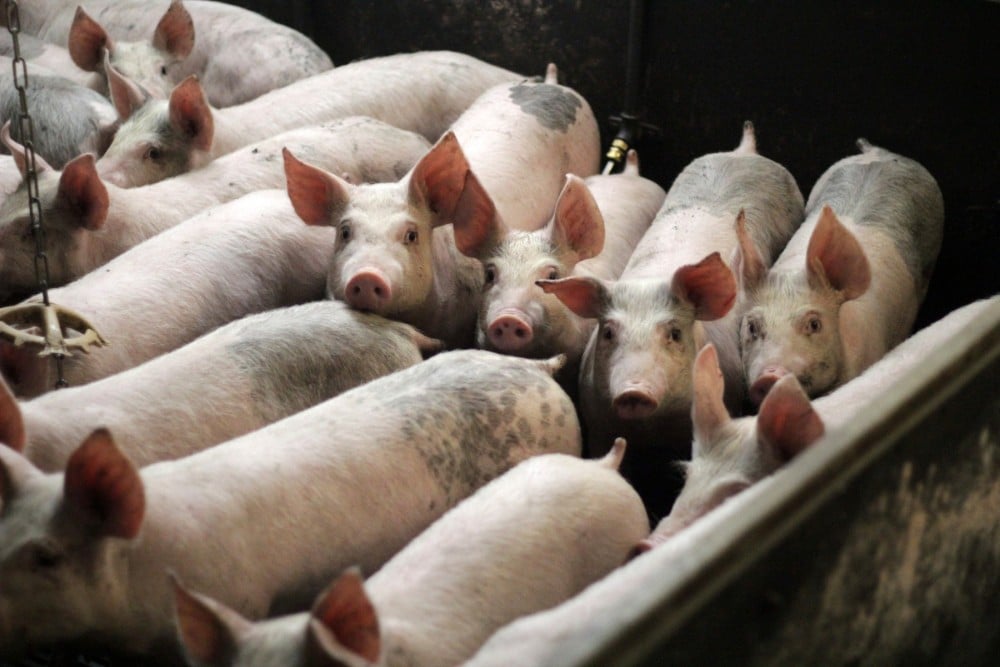Sign the petition to help stop factory farms
The suffering of innocent animals on factory farms is nonstop. Act now to send a message to government: "No more new factory farms in Canada".

Antimicrobial Resistance (AMR) occurs when microorganisms like bacteria, viruses, fungi, and parasites evolve to resist the effects of antimicrobial drugs, including antibiotics, antivirals, antifungals, and antiparasitics. This resistance makes treating infections increasingly challenging, heightening the risk of disease spread, severe illness, and death. Antibiotic resistance, a subset of AMR, specifically refers to bacteria's ability to resist antibiotics.
Superbugs, a critical aspect of AMR, are strains of bacteria resistant to multiple antibiotics, making them notoriously difficult to treat. Examples include Methicillin-resistant Staphylococcus aureus (MRSA) and Carbapenem-resistant Enterobacteriaceae (CRE). These superbugs result from the overuse and misuse of antibiotics, leading to a significant public health threat.
The primary driver of AMR is the overuse and misuse of antimicrobial drugs in humans, animals, and agriculture. A major concern is the irresponsible use of antibiotics in factory farming. Often, antibiotics are not used to treat sick animals but to prevent illness in stressful, overcrowded conditions or to promote rapid growth. This practice has been linked to the development of superbugs.
Factory farming, catering to the growing global demand for meat, significantly contributes to the AMR crisis. Studies show a direct correlation between increased antibiotic use in factory farms and the rise of AMR in humans. In particular, superbugs found in common farmed animals like Staphylococcus aureus, Escherichia coli, Campylobacter, and Salmonella have been linked to human health issues.
The WHO warns that by 2050, AMR could become the leading cause of death, surpassing cancer. In 2019, superbugs from farmed animals caused nearly a million deaths globally. The economic cost is also staggering, with a global GDP loss of USD$ 382 billion in 2019 due to AMR.

Reducing antibiotic use in factory farming is crucial. By cutting antibiotic use by 59% from 2019 levels, we can potentially save millions of lives and trillions of dollars. Ending factory farming and shifting towards humane and sustainable livestock production are vital steps. Such practices minimize infection risks and, consequently, the need for antibiotics in animal production.
World Animal Protection advocates for a universal moratorium to halt the expansion of factory farming. We urge for a 10-year period to curb its growth and implement stronger regulations to protect animals, people, and our planet.
The suffering of innocent animals on factory farms is nonstop. Act now to send a message to government: "No more new factory farms in Canada".